Smart Lock That Unlock When Your Home?
As our lives become increasingly interconnected through technology, the convenience of smart devices continues to permeate our daily routines. One such innovation that has garnered significant attention is the smart lock. Specifically, the concept of a smart lock that unlocks when you arrive home is an intriguing development that could revolutionize home security and personal convenience. This article delves into the practical aspects of smart locks, their benefits, the technology behind them, and considerations for those interested in integrating this technology into their homes.
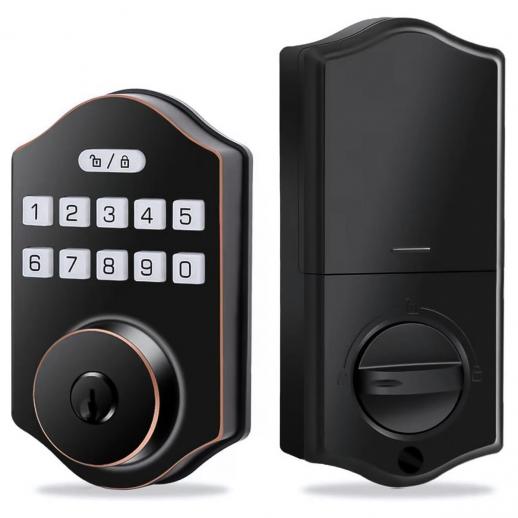
The Allure of Smart Locks
The shift toward smart home technology is driven by the quest for convenience, control, and security. Traditional keys and locks, while reliable, come with their own set of challenges—lost keys, lockouts, and the hassle of distributing spare keys to family members or trusted individuals. Smart locks seek to eliminate these inconveniences while adding layers of security and automation.
The primary feature of interest in this discussion is the ability of smart locks to automatically unlock when you arrive home. This innovation leverages several advanced technologies to create a seamless and secure experience for homeowners.
How Smart Locks Work
## Automatic Unlocking Technology
Smart locks typically utilize a combination of Bluetooth, Wi-Fi, and geofencing technologies to detect the presence of the homeowner and automatically unlock the door as they approach.
- Bluetooth: When your smartphone, equipped with the smart lock's companion app, comes within a certain range, the Bluetooth signal is recognized by the lock, initiating the unlock process.
- Wi-Fi Connectivity: Some advanced models incorporate Wi-Fi to provide real-time updates and controls from anywhere in the world. This is particularly useful if you need to unlock the door for someone remotely.
- Geofencing: This technology creates a virtual boundary around your home. When your device crosses this boundary, the geofencing technology triggers the unlock mechanism. This ensures that the lock only engages when you are in close proximity to your home.
Benefits of a Smart Lock That Unlocks When You Arrive Home
## Convenience
The foremost benefit is the sheer convenience of having your door unlock automatically. Imagine arriving home with your hands full of groceries and not having to fumble for keys. Or, in inclement weather, being able to step inside quickly without standing at the door, struggling with a keyhole in the dark.
## Enhanced Security
Smart locks are often more secure than traditional locks due to their sophisticated encryption and tamper-proof designs. Additionally, homeowners receive notifications about lock status changes, unsuccessful unlock attempts, and other security alerts.
## Access Control
Homeowners can easily manage who has access to their home using the smart lock app. Temporary digital keys can be issued to service providers, guests, or family members, complete with time limitations and usage logs.
## Integration with Other Smart Home Devices
Smart locks can often be integrated with other smart home systems, such as security cameras, alarm systems, and lighting. This creates a comprehensive smart home ecosystem that enhances security and convenience.
## Customizable Settings
Smart locks allow for a high degree of customization. Homeowners can set the lock to operate under specific conditions, such as unlocking only during certain times of day or in conjunction with other smart devices.
Considerations When Choosing a Smart Lock
While the benefits are substantial, there are several important factors to consider before integrating a smart lock into your home.
## Battery Life and Power Backup
Smart locks require power to operate, usually provided by batteries. It’s crucial to choose a model with long battery life and reliable low-battery notifications. Additionally, consider locks with key or code-based backup options in case of power failure.
## Compatibility
Ensure that the smart lock you choose is compatible with your current door and lock system. Some models may require specific door thickness or configurations, so checking compatibility beforehand is essential.
## Security Standards
It’s vital to select a smart lock that adheres to industry security standards. Look for locks with robust encryption protocols and features that prevent hacking and unauthorized access.
## Price and Subscription Costs
Smart locks vary widely in price. Higher-end models with more features and better security are more expensive. Additionally, some smart locks come with subscription services for advanced features (e.g., cloud storage for access logs). Consider the overall cost when making your decision.
Real-World Applications and Testimonials
To gain a practical perspective on the efficacy of smart locks, let’s look at some real-world applications and user testimonials.
## Case Study: Busy Family
The Johnson family, with two working parents and children involved in various extracurricular activities, found their smart lock to be transformative. The parents could issue temporary keys to babysitters and house cleaners, complete with usage limits. This eliminated the need for spare keys and reduced concerns about lost or stolen keys. The automatic unlocking feature meant the kids could safely enter the house after school without the need for keys.
## Testimonial: Elderly Parent
Mary installed a smart lock for her elderly mother, who occasionally had difficulty managing traditional keys. The geofencing feature was particularly beneficial as it allowed Mary to ensure that the door would automatically unlock as her mother approached. Additionally, Mary could monitor access remotely and provide support if necessary.
Future Trends in Smart Lock Technology
As the smart home industry continues to evolve, we can expect further advancements in smart lock technology. Some future trends might include:
## Biometric Authentication
Future smart locks may incorporate advanced biometric authentication methods, such as facial recognition, to enhance security further.
## Integrated AI
AI integration could enable smart locks to learn user behavior patterns and optimize locking and unlocking processes. This could also extend to predictive maintenance alerts and energy efficiency.
## Enhanced Interconnectivity
Smart locks will likely become even more integrated with other smart home devices, creating a more cohesive and responsive system. For example, approaching your home could trigger not just the unlocking of doors but also the activation of interior lights and climate control systems.
Smart locks that unlock when you arrive home represent a significant step forward in home security and convenience. By leveraging technologies like Bluetooth, Wi-Fi, and geofencing, these devices simplify daily routines while enhancing safety. However, it’s critical to consider factors such as battery life, compatibility, security standards, and costs when selecting the right smart lock for your needs.
As we look to the future, continued advancements promise even smarter, more secure, and more integrated solutions, making our homes safer and our lives easier. Whether you are looking to reduce the hassle associated with traditional keys or seeking a comprehensive smart home ecosystem, a smart lock could be a valuable addition to your household.


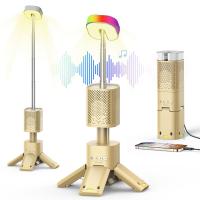
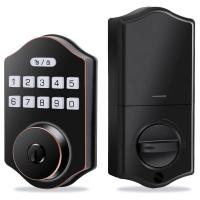
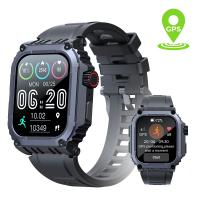
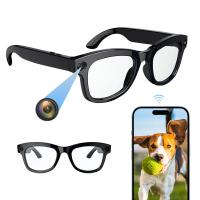

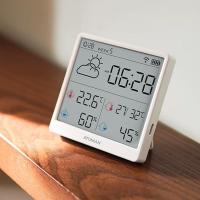

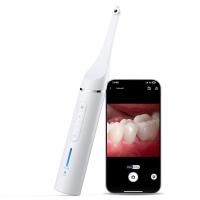
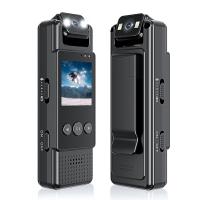
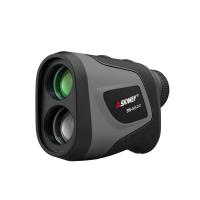
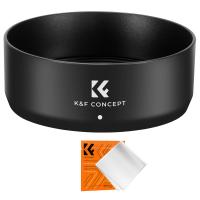
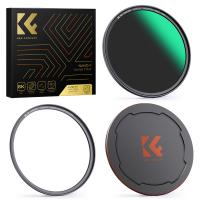
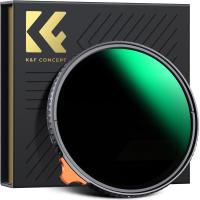

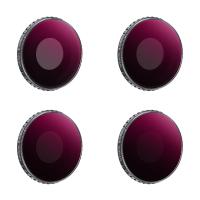
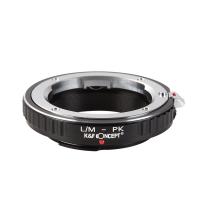
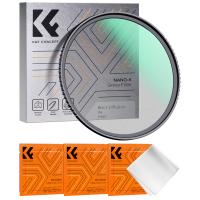
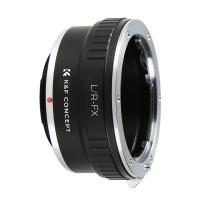
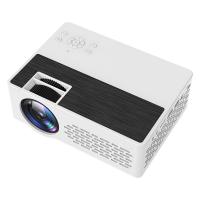
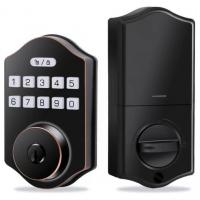
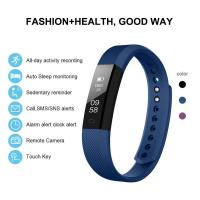
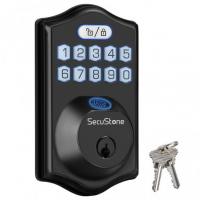


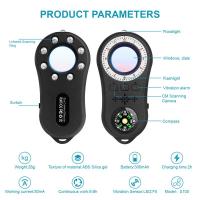
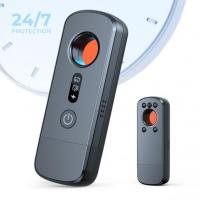
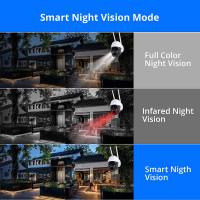
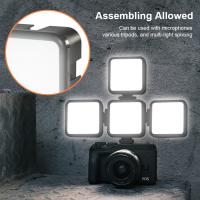
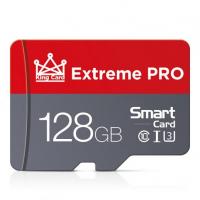


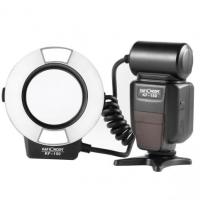
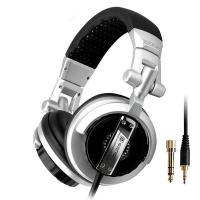

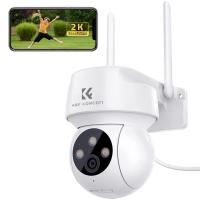
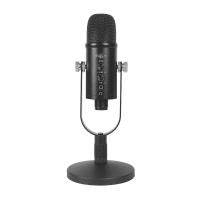
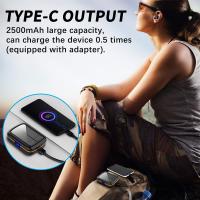
There are no comments for this blog.